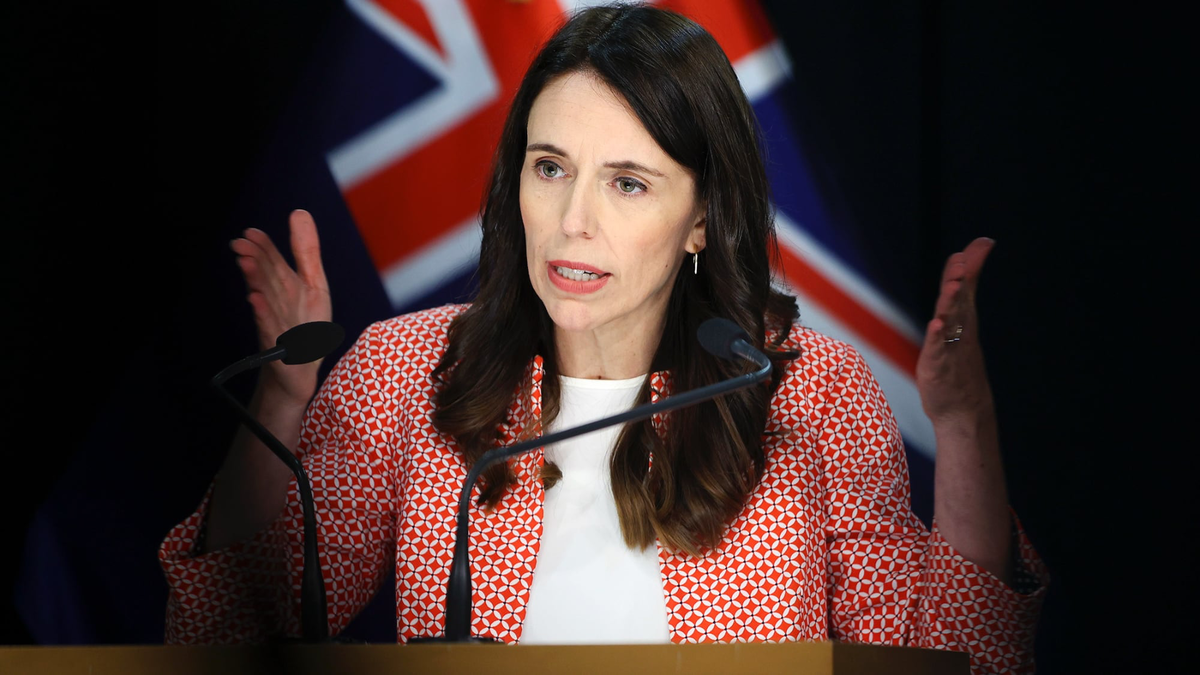New Zealand will remain closed to international travellers until 2022
When NZ reopens its borders next year, it'll initially be for vaccinated travellers from low-risk countries.

New Zealand will keep its borders closed and overseas travellers locked out until early 2022, at which time quarantine-free entry will be limited to vaccinated travellers from designated 'low-risk' countries.
Prime Minister Jacinda Ardern this morning outlined her government's plans for "a phased reopening" which seems likely to dash any hopes that Australians had for a return of the trans-Tasman bubble this year.
And when Australia-New Zealand travel does resume, it'll look very different to pre-Covid days.
Travellers will need to have been fully vaccinated, present a negative result for a pre-departure Covid test and possibly undergo a rapid on-arrival test, according to recommendations by the country's Strategic Covid-19 Public Health Advisory Group.
The bubble has burst
The Australia-New Zealand bubble is currently suspended until late September, and Ardern has previously said this would be "subject to review" to either extend it further or reopen the bubble, based on advice from NZ health officials.
However, she stressed today that "we are not going to open if we consider that there is too much risk to New Zealand. We were clear on that from the beginning and that is still our position."
The latest outbreaks across New South Wales and in Melbourne make an early reopening unlikely, especially if pockets of uncontrolled outbreaks remain.
Although Ardern allowed that New Zealand could consider a state-by-state approach, which would favour travellers from states such as Western Australia while blocking those from NSW, she appeared cool on the idea.
"We've demonstrated our willingness to treat Australia state-by-state, but increasingly we've seen the challenge, even within Australia, of just maintaining those borders in a way that doesn't see a strong community outbreak moving into other areas."
Overseas travel now a 2022 proposition
Ardern said the country would maintain its hardline elimination strategy for Covid-19, saying that New Zealanders wanted to be able to live freely without the disease rather than living with it.
"If we give up our elimination approach too soon there is no going back, and we could see significant breakouts here like some countries overseas are experiencing who have opened up early in their vaccination rollout."
Ardern has also hit the accelerator on New Zealand's vaccination program, with the aim of offering all adults vaccination by the end of the year, before overseas arrivals are considered.
"The first step in our plan is speeding up the vaccination process to ensure everyone is at least partially vaccinated as soon as possible to reduce the risk of and impact of Delta entering the country."
"We're simply not in a position to a fully reopen just yet," she said. "When we move we will be careful and deliberate, because we want to move with confidence and with as much certainty as possible."
"Our plan is to reopen in a phased way where we assess and check before we take each step."
"Risk-based pathways"
From the first quarter of 2022, New Zealand will shift to a new model of "risk-based pathways" for quarantine-free travel based on the Covid-19 status of individual countries.
Travellers from low-risk countries – a group which by early 2022 could potentially include Australia and Singapore – will be able to enter New Zealand without undergoing quarantine, although they would need to be fully vaccinated.
Travellers from high-risk countries – determined by Covid cases and vaccination rates – or who have not been vaccinated would need to enter managed isolation for 14 days.
The larger middle ground of travellers from medium-risk countries would need to enter some form of self-isolation, a short stay in a managed isolation hotel or a mixture of both.
This will be the subject of a pilot program to run across October-December this year, which will involve a limited amount of international travel by a small number of NZ citizens, with Ardern stressing the numbers would be in the range of "hundreds, not thousands."
Businesses and other organisations needing to send staff overseas will work with the government on the trial. Those chosen travellers would need to be fully vaccinated, bound for designated countries and would undergo home-based self-quarantine on their return.
Also read: How Australia’s home quarantine trial will work...
